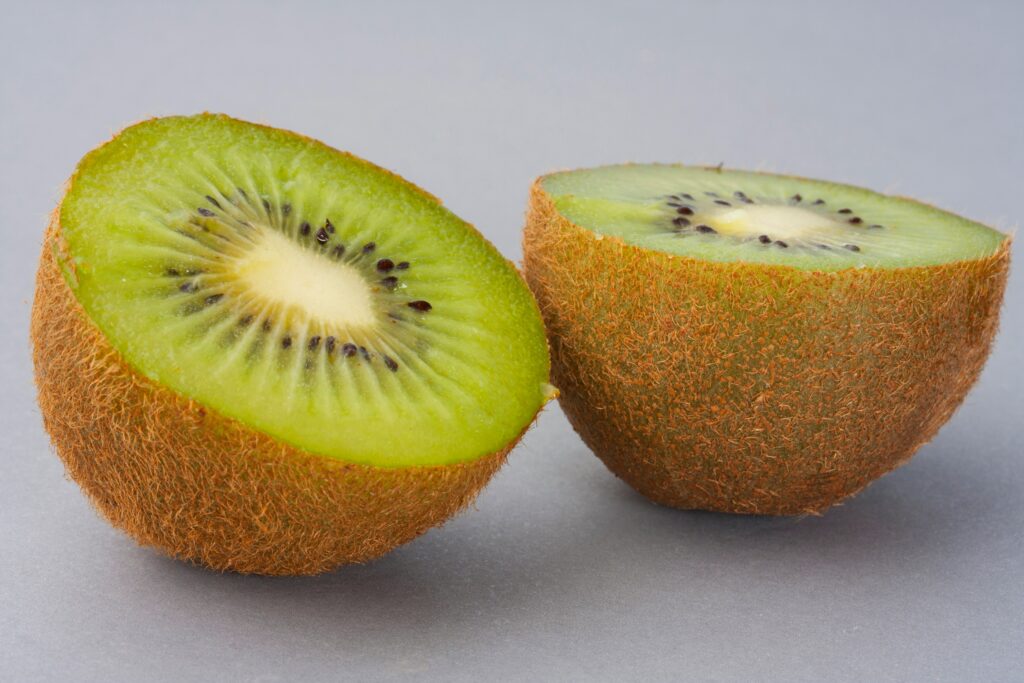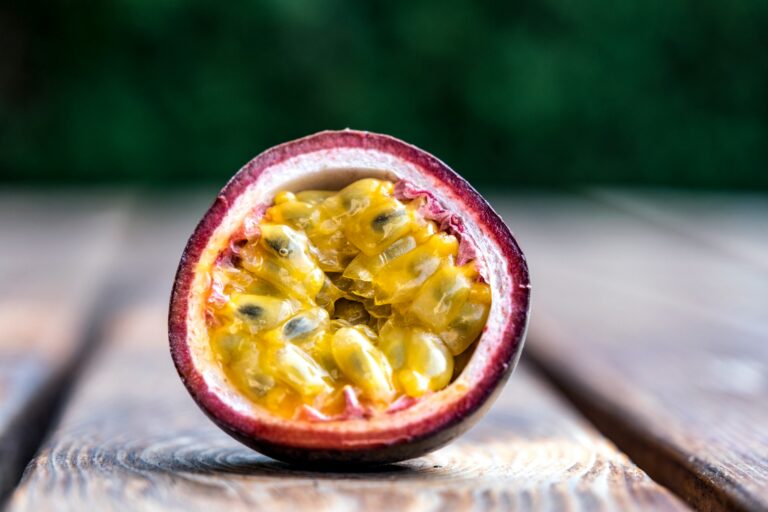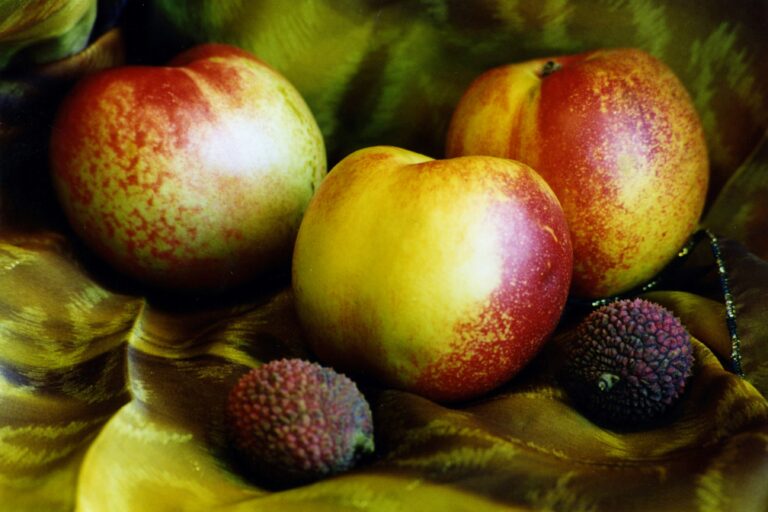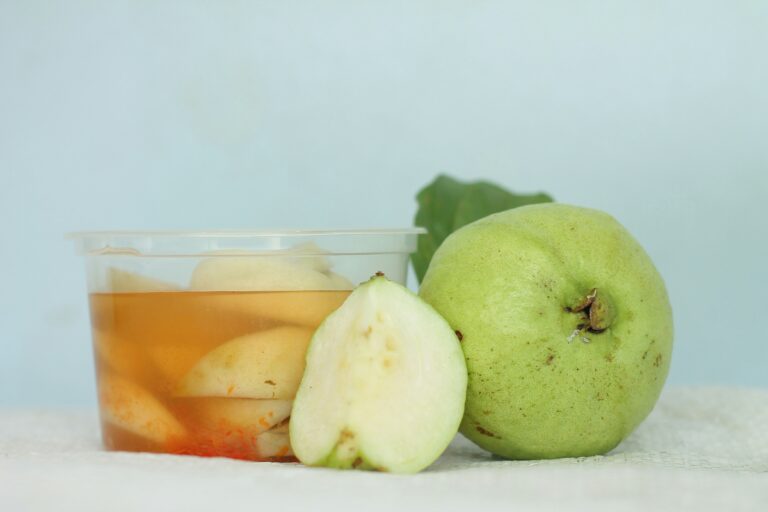The scientific name of the kiwi is Actinidia deliciosa, commonly known as the kiwi fruit plant. Kiwi belongs to Actinidia, which comprises over 66 species. Another name for kiwi is Chinese gooseberry. This is an edible berry. Kiwi is native to mainland China and commercially grown in New Zealand and California. The original fruit is from the Far East. Kiwi fruit is not native to India and requires specific climate conditions to grow successfully.
Color: Kiwi flesh comes in green, pink, and red. The most prevalent color, green, is sweet and slightly tangy. The golden-yellow kind is sweeter and less acidic.
Shape: The most obvious shape of kiwi fruit is oval.
Size: The size of kiwi fruit is about 4.5-5.5 cm in diameter and 5-8 cm in length.
Flavor: Kiwi fruits are sweet and refreshing. They are slightly acidic and a little tangy. Kiwi is a mix of strawberry, banana, and pineapple.
Nutrients
Kiwi fruit contains many rich nutrients, including vitamin K, which plays a role in blood clotting and may help with depression. Kiwi is also a rich source of potassium, which may help with kidney stones.
3.5 ounce (100 grams) serving of the flesh of a raw green kiwi contains:
- Calories 64
- Carbohydrates 14 g
- Fats 0.44 g
- Proteins 1 g
- Fiber 3 g
- Vitamin C 83% of the daily value
- Vitamin E 9% of the daily value
- Folate 7% of the daily value
- Copper 15% of the daily value
- Vitamin K 34% of the daily value
- Potassium 4% of the daily value
- Magnesium 4% of the daily value
| How to grow kiwi? |
Health Benefits of Kiwi
Kiwi fruit has fruitful benefits including maintaining digestive health blood pressure and heart health.
Support heart health
Consuming a diet rich in fruits and vegetables like kiwi helps to support heart health. Eating kiwi with a proper diet could help reduce heart disease including high blood pressure.
Good for digestive health
Kiwi contains both insoluble and soluble fibers. Recent studies showed that kiwis contain about 1/3 soluble and two-thirds insoluble fiber. The soluble fiber present in kiwis may benefit heart health and blood sugar regulation. This also helps support healthy gut bacteria while insoluble fiber is found in fruits regularly. The fiber in kiwi can retain water and swell more than other types of fibers like fiber and wheat brain. Because of these qualities, kiwi may be a good choice for people who have constipation.
Excellent source of Vitamin C
Kiwis are exceptionally high in vitamin C and other nutrients, which help play many important roles in the body and also protect cells from oxidative damage. Kiwi can help you reach optimal blood levels of Vitamin C. Older studies showed that daily intake of kiwi is effective for increasing Vitamin C levels in the body. Maintaining optimal Vitamin C levels is critical for immune functions.
Support weight management
Kiwis can be a nutritious addition to a well-balanced diet, especially for those aiming to lose weight. They are low in calories meaning that they can satisfy cravings without adding excessive energy intake. Kiwi also contain dietary fiber that helps to prevent overeating.
Improve eye health
Kiwi may also benefit eye health. The nutritious profile helps maintain optimal vision and reduce the risk of age-related eye concerns such as cataracts and macular Degeneration. Lutein and zeaxanthin are the carotenoids found in kiwis that can help reduce oxidation in the eye, which can lead to cataracts.
Vitamin C, found in Kiwis, plays an important role in eye structure. It also helps reduce inflammation and common eye problems.
FAQ’s
Why eat 2 kiwis a day?
Because of their high fiber content, which can greatly improve digestion by encouraging regular bowel movements, and their abundance of vitamin C, which strengthens immunity and can help ward off colds, eating two kiwis a day is advised.
Can I eat kiwi at night?
Yes, you can eat kiwi at night, as it may help you sleep. Kiwis contain serotonin, which can help you fall asleep and stay asleep. Kiwis may be also one of the best foods to eat before bed.






